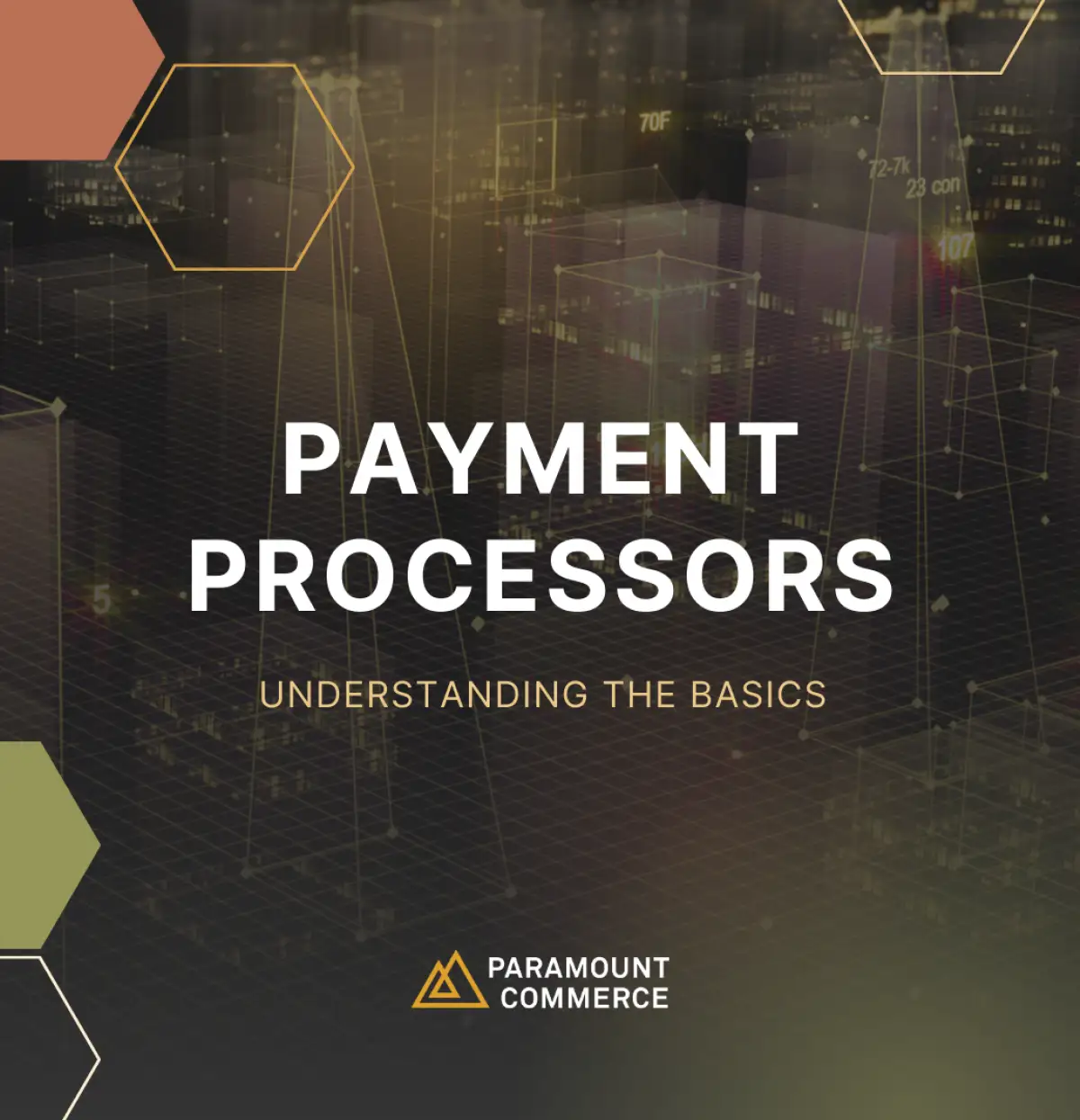Ever wondered what a payment processor actually does? Think of it as the backstage crew of a payment transaction – working quietly behind the scenes to make sure your money moves smoothly from point A (your customer) to point B (your business account). When a customer swipes, taps, or clicks “pay” using a credit or debit card, the payment processor springs into action, handling the communication between banks or credit card companies and ensuring funds make their way safely to you.
Let’s learn how payment processors work and their core benefits.
What is a Payment Processor?
A payment processor acts as an intermediary between a business and a customer’s financial institution. Here’s how it generally works:
- Customer Makes a Payment: A customer initiates a payment by entering their payment details through a point of sale (POS) system, mobile app, or online payment gateway. This could include Apple Pay, American Express, or another credit or debit card provider.
- Payment Processor Steps In: The payment processor takes these details and checks with the customer’s bank or credit card account provider to ensure the funds are available.
- Authorization: If the bank approves, the payment processor sends an authorization message to confirm that the funds are reserved for the transaction.
- Settlement: The transaction is finalized, and the funds are transferred to the business’s merchant account, typically within a few business days.
Key Benefits of Payment Processors
- Security: They offer built-in security features such as encryption and fraud detection to protect both customers and businesses.
- Efficiency: Payment processors handle all the back-and-forth communication required to move funds between banks, saving time and reducing errors.
- Scalability: Most payment processors work with multiple payment methods, making it easier for businesses to accept credit cards, debit cards, and alternative payment options.
- Cost Management: Some processors charge a monthly fee or transaction fees based on the volume of payments processed, allowing businesses to choose a pricing structure that fits their needs.
- Customer Support: Many processing services offer 24/7 customer support to help businesses troubleshoot transaction issues and ensure smooth operations.
In essence, payment processors are essential partners for businesses, handling the complex tasks of transaction authorization, settlement, and security. With their support, businesses can focus on what they do best, knowing that payments will flow securely and efficiently. Whether you're a small business or a growing enterprise, understanding the role and benefits of a payment processor can help you make informed decisions and create a seamless experience for your customers.






